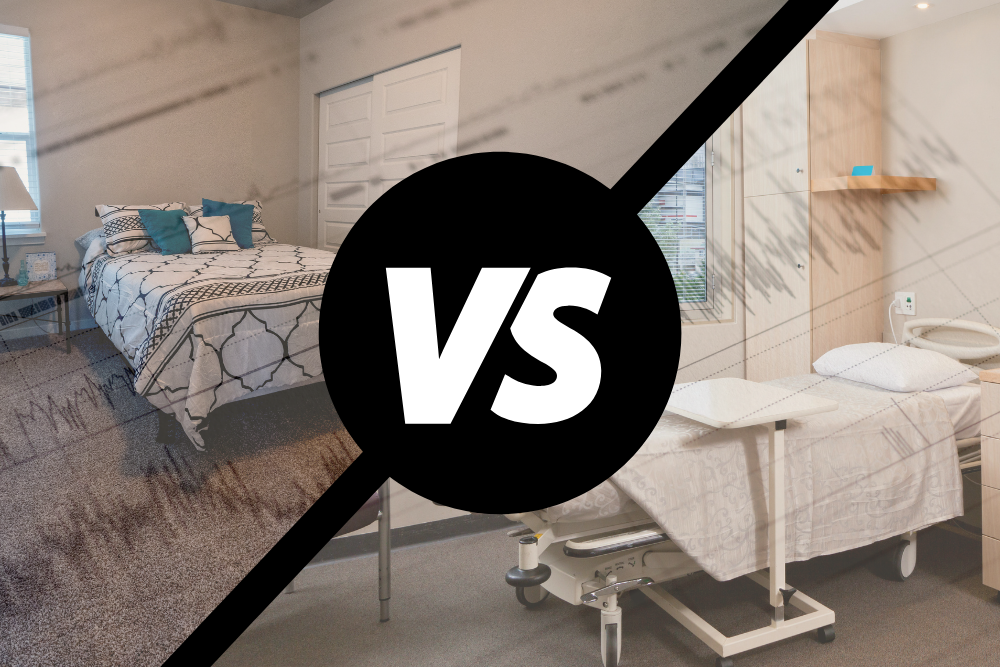
Join Our Email List!
Be the first to know about our latest special offers, promotions, company updates, and more!

In the United States alone, nearly 850,000 sleep tests, also known as polysomnography, are conducted annually. With over 4,700 labs to help diagnose patients with Obstructive Sleep Apnea or OSA not much has changed since the 1980’s, until recently.
While participating in a sleep study, patients are made to try their best to sleep in a lab or a hospital environment while the professionals do their best to get accurate readings from the patients’ polysomnography. Some patients and medical professionals are now changing their process on how sleep studies and tests are performed by keeping patients in their usual settings, at home.
If you are struggling to fall asleep, stay asleep, or get a restful night’s sleep a sleep study is probably what you need. It’s time to talk to your healthcare provider and look into how your sleeping if you are experience the following Obstructive Sleep Apnea symptoms:
Sleep studies have traditionally been performed in labs or hospitals because of the accessibility of the required equipment. If you have never experienced a polysomnography or sleep test performed in a lab or hospital, here’s a few things you can expect:
Many patients are finding a more comfortable way to be professionally diagnosed with Obstructive Sleep Apnea by using a HST. Patients are still monitored for many of the same things as in a sleep lab, but from the comfort of home. Once you or your doctor have ordered an HST, the device will be sent to your home with instructions on how to use it. You’ll sleep one night at home with the monitoring equipment on and then send the device to the lab for an analysis. Many patients and doctors prefer a HST for the following reasons:
By speaking with your healthcare provider and voicing your concerns if you suffer from the earlier listed symptoms, your doctor can prescribe you Home Sleep Testing. Some patients’ health insurance will approve a HST. If denied by your insurer for a HST, some patients order their own which can be a more affordable alternative for a diagnosis. A highly recommended home sleep testing kit is the Home Sleep Test , which testing costs under $200 dollars.
Finding the right way to test for your sleep apnea is important. Avoiding a diagnosis not only is a weight you will continue to carry while awake, but is also harmful to your health. If you are already suffering from insomnia, hypersomnia, and other sleep apnea symptoms, sleeping in a lab or hospital may be difficult for you. If you are concerned about having mild sleep apnea and financially a stay in a sleep lab is out of the question, look into your personal costs of Home Sleep Testing. Ultimately, weigh the pros and cons of traditional sleep studies and Home Sleep Testing then most importantly talk with your healthcare provider.
Comments